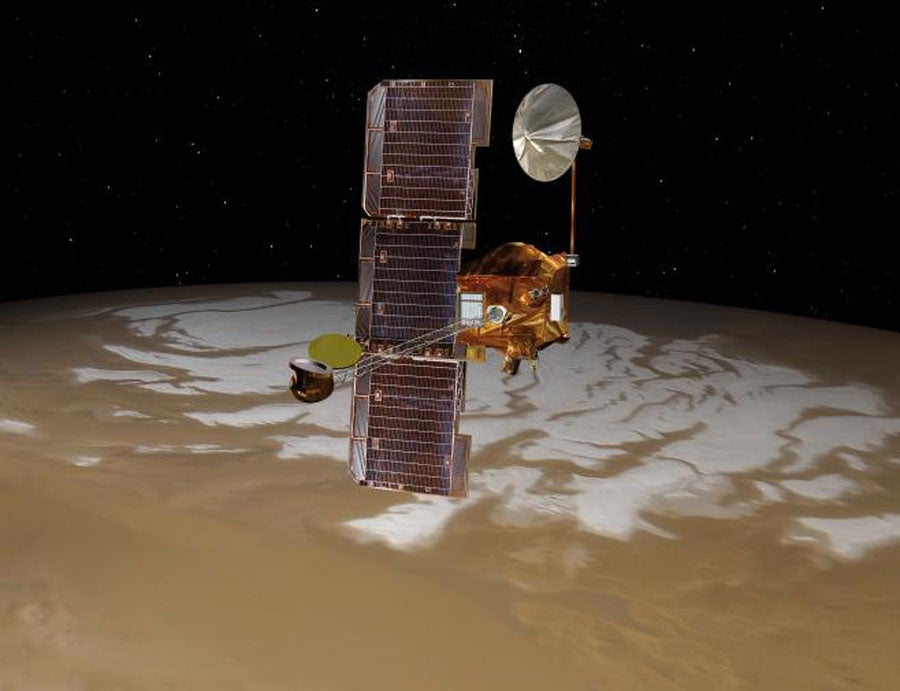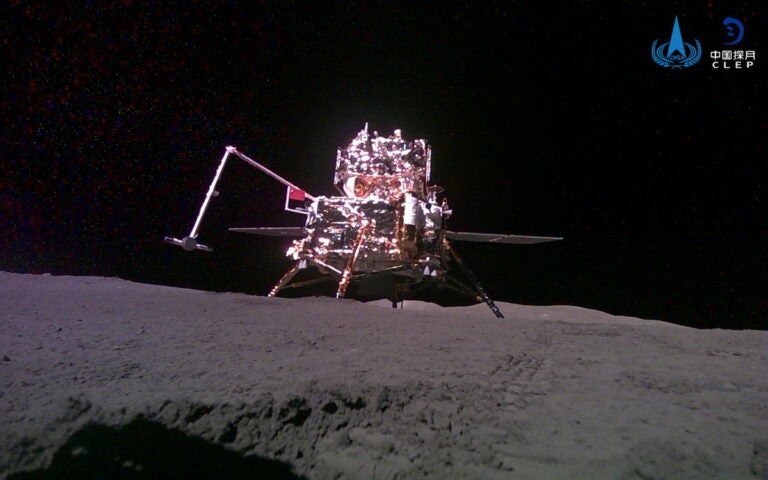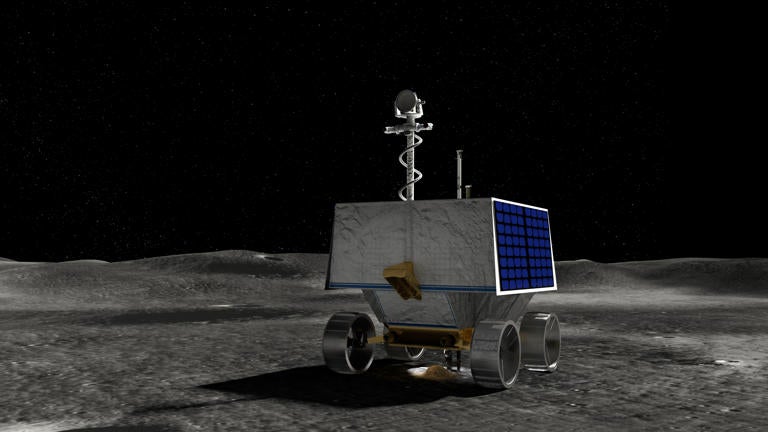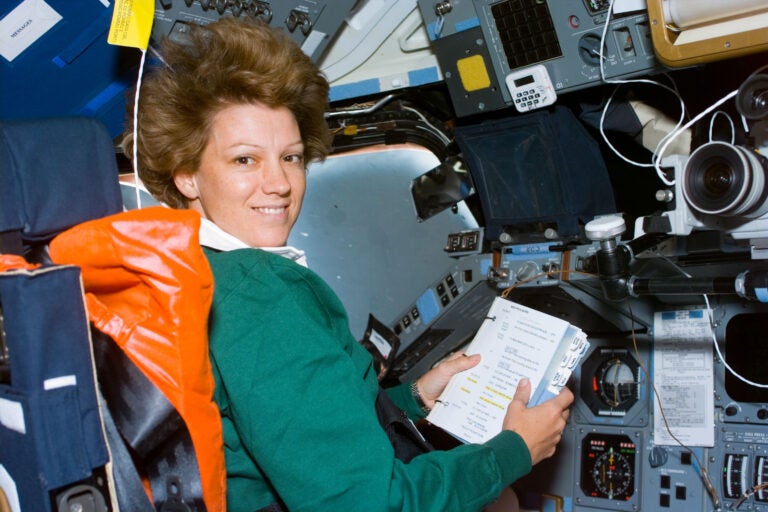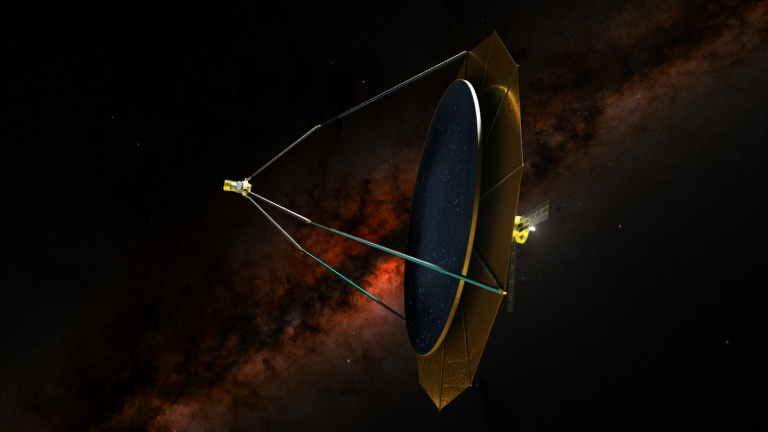NASA’s Mars Science Laboratory (MSL) spacecraft carrying Curiosity can send limited information directly to Earth as it enters Mars’ atmosphere. Before the landing, however, Earth will set below the martian horizon from the descending spacecraft’s perspective, ending that direct route of communication. Odyssey will speed up the indirect communication process.
NASA reported during a July 16 news conference that Odyssey, which the agency originally planned to provide a near-real-time communication link with Curiosity, had entered safe mode July 11. This situation would have affected communication operations, but not the rover’s landing. Without a repositioning maneuver, Odyssey would have arrived over the landing area about two minutes after Curiosity landed.
A spacecraft thruster burn Tuesday, July 24, lasting about six seconds, has nudged Odyssey about six minutes ahead in its orbit. Odyssey is now operating normally, and confirmation of Curiosity’s landing should reach Earth early August 6 EDT, as originally planned.
“Information we are receiving indicates the maneuver has completed as planned,” said Gaylon McSmith from NASA’s Jet Propulsion Laboratory in Pasadena, California. “Odyssey has been working at Mars longer than any other spacecraft, so it is appropriate that it has a special role in supporting the newest arrival.”
Two other Mars orbiters, NASA’s Mars Reconnaissance Orbiter and the European Space Agency’s Mars Express, also will be in position to receive radio transmissions from MSL during its descent. However, they will be recording information for later playback, not relaying it immediately, as only Odyssey can.

